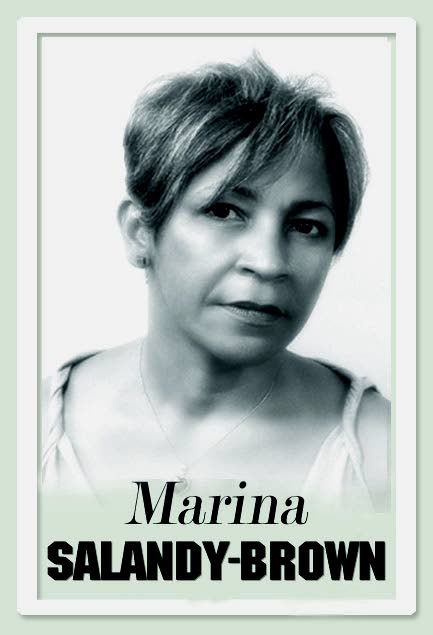Making reparations

Repartions for slavery – the compensation for the wrongs of the slave trade that lasted 200 years – divides people. It is contentious probably because we have not agreed on its meaning or its form. One’s immediate reaction is to question how making good an old wrong would work when it affects tens of millions of people.
I understand reparations to mean the acceptance of that wrong and recognition of the consequences that require being put right in the psyche of our citizens and states. Essentially it is opening our eyes to our living history and the desire to understand how it came to be this way.
South Africa made a correction immediatley after the end of apartheid with its Truth and Reconciliation process, which awed people around the world. It allowed for the release from trauma and help with moving to a kind of spiritual renewal through forgiveness.
It did not summarily undo the poverty and deprivation of many black South Africans, because that requires a politically-determined economic and social process, which is the focus of the Caribbean’s argument about reparations from our former colonial European masters.
In an event of the NGC Bocas Lit Fest last Sunday, Sir Hilary Beckles, chairman of the Caricom Reparations Commission, highlighted some of the points on the region’s agenda for compensation from Britain and other colonial powers.
It does not mean a personal handout to each Caribbean citizen of slave ancestry, but an investment in the structural development of Caribbean states. It would not work on a country-to-country basis but would be conducted at the level of the UN and include the African countries, which still have not been able to get their own thinking right on their role in the slave trade.
Beckles was emphatic that the case for reparations cannot advance until the Africans are at the table too. That sounds as if it could take a while, however, while African goverments remain as unresolved as the USA in processing their slavery history.
Yet there is a successful, if violent, model. In 1952 in Israel, the country created directly out of an act of mass genocide of Jews perpetrated by the Germans under Hitler, a violent clash occurred.
On one side were Holocaust survivors, led by the pro-violence firebrand and later prime minister Menachem Begin, who feared that Germany would save face and salve its national conscience by paying reparations.
On the other side was the calculating and strategic David Ben-Gurion, Israel’s first prime minister, who knew the value to the new nation of today’s equivalent of US$7 billion.
Israeli Tom Segev, in his book The Seventh Million, writes that from 1953-1963 reparations funded roughly a third of the investment in Israel’s electricity system, which tripled its energy capacity, and also covered almost half of the national investment in railways. During the 12 years of the agreement Israel’s GNP tripled. The Bank of Israel attributed 15 per cent of this growth, along with 45,000 jobs, to investments made with reparations money.
It was the first time, as Ben-Gurion noted, in the history of relations between people, as the result of moral pressure alone, that a state had paid compensation to the victims of a previous government. It created a precedent, and it is that precedent that the pro-reparations lobby brings to bear.
In his impressive argument for reparations by white America to black America, the writer Ta-Nehisi Coates asserts that something more than moral pressure must propel the US government and people to do the right thing by African Americans, who are today at the bottom of the pile in almost every measure because of the legacy not only of slavery but also nearly a century of Jim Crow laws in the South that pervaded the entire country over time.
The treatment of black people in the USA is legend. The literature is full of horrendous stories and personal accounts; academic research fills universities with material. Only those in denial or who lack emotional energy, intellectual curiosity, moral integrity or any concern over the world in which we live are uninterested in or deaf to this episode of history in the New World, one which was integral to the wealth and advancement in the Old World.
It is ironical that when the Caribbean was at the heart of the slave trade, which funded the industrial revolution, we are more au fait with the US experience of slavery.
If I were ever in charge of education I would ensure that slavery and the retelling of the making of that New World order was a compulsory subject on the syllabus. It is wrong to consider slavery and indenture as hiistory subjects, when they are about economics, business, religion, society and the social sciences first and foremost, not to mention international relations and geography. The triangular trade that made one man the property of another man was an abomination of history, but we still live with it, so it cannot be relegated to the pages of a history book.


Comments
"Making reparations"